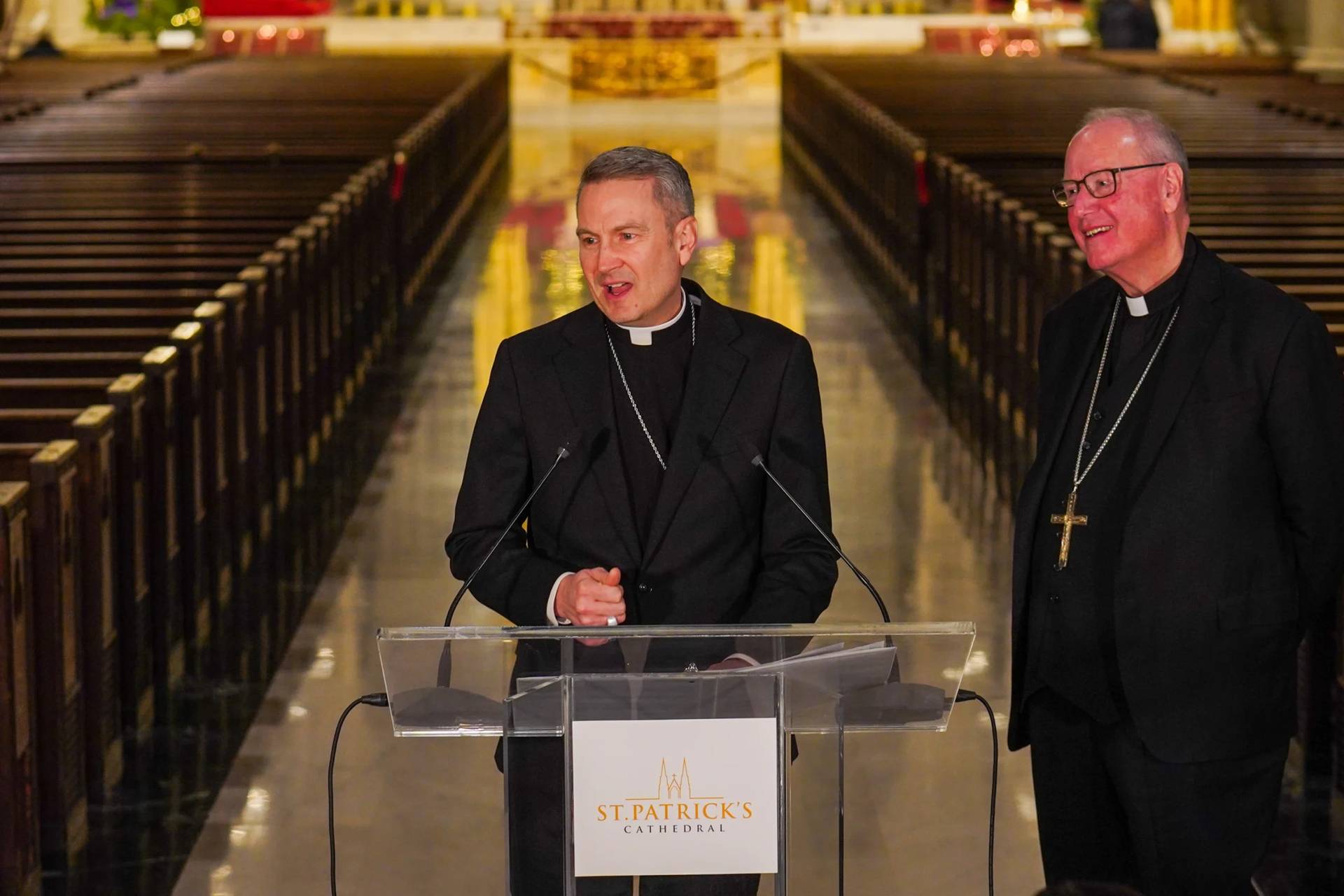NEW YORK – After it became clear that voters passed an amendment to enshrine the right to an abortion in the Maryland state constitution, the Maryland Catholic Conference was quick to acknowledge that the result was “a painful moment” in the state’s history.
“The passage of Question 1 … is a painful moment in Maryland history and one we believe future generations will look back upon with deep regret and bewilderment,” Jenny Kraska, executive director of the conference said in a statement. … “This is deeply troubling and should concern all residents.”
Maryland was one of seven states that passed constitutional amendments to protect abortion rights – measures that those states’ dioceses and Catholic conferences worked hard to defeat. As was the case in Maryland, the reaction to the amendments’ passage was one of disappointment, and an acknowledgement of the work that lies ahead to advocate against abortion and for the needs of pregnant mothers.
The other six states to protect abortion rights in the 2024 election were Missouri, Arizona, Colorado, New York, Montana, and Nevada. Similar constitutional amendments failed in Florida, Nebraska, and South Dakota. In Nebraska, voters also passed a constitutional amendment to limit abortion after the second trimester (around 13 weeks of pregnancy) with exceptions for instances when a woman needs the procedure due to a medical emergency, or when the pregnancy is a result of sexual assault or incest.
In an election where neither presidential candidate by the end aligned with the Church on abortion – though former President Donald Trump was closer than Vice President Kamala Harris – the state abortion measures on the ballot were many Catholics opportunity to answer the call of the United States Conference of Catholic Bishops that abortion was the “pre-eminent priority” of the election.
Instead, as has been the case in many states since Roe v. Wade was overturned in 2022 and abortion law was sent back to the states, voters chose to protect abortion rights when the opportunity presented itself on the state ballot. At this point it’s still unclear how Catholics factored into those votes. However, the combination of Trump’s victory and those amendments’ passage has led at least one expert to suggest that abortion isn’t necessarily a top priority for Catholic voters.
Regardless, the results are the results and Catholic leaders in those states that now have the right to an abortion enshrined in the state constitution are looking towards the future.
Kraska said that the Catholic Church in Maryland remains “firmly committed to walking with women and their children during and after pregnancy,” and “advocating for policies and laws that cherish life and address the root causes that lead to abortion.”
Similarly, the Nevada Catholic Conference said it will remain steadfast in its anti-abortion advocacy.
“With unwavering faith, hope and determination, we will continue our efforts to advocate for the protection of these important values,” the conference said in a statement. “As we look ahead to the next voting cycle, we remain steadfast in fostering greater awareness and mobilizing the support necessary to ensure these vital values are protected in the State of Nevada.”
The sentiment about the work that lies ahead to advocate against abortion and for pregnant women was common in the statements from the bishops and Catholic conferences in the states where amendments to protect abortion rights were rejected, as well.
Bishops Donald DeGrood and Scott Bullock of the South Dakota dioceses of Sioux Falls and Rapid City, respectively, recognized in a statement that even though the state’s proposed abortion rights amendment failed, there were still more than 175,000 people who voted for it.
“We are mindful of the fact that while we rightfully celebrate the rejection of Amendment G, many of our South Dakota neighbors feel differently,” DeGrood and Bullock said. “To borrow the words of Abraham Lincoln, moving forward from this election we must conduct ourselves ‘with malice toward none, with charity for all.’”
“The defeat of Amendment G is certainly not the end of our state’s conversation on abortion. There is reason to hope it may steer that conversation in a more productive direction,” the bishops continued. … “We challenge ourselves and others to build a society where no woman believes that abortion is the right answer for the problems she faces. We pledge our Church’s resources to help with authentic efforts to build a civilization of life and love.”
In Florida, the pro-abortion amendment on the ballot that would’ve created a constitutional right to the procedure actually received 57 percent of the vote (a yes from more than six million people). However, the measure failed to pass because to do so it needed 60 percent of the vote.
The reality that the majority of Floridians supported the measure was not lost on the state’s Catholic conference.
“Much work remains to open hearts and minds to the dignity and goodness of life in the womb and at every stage,” the Florida Catholic Conference said in a statement. “We will continue to proclaim in our churches and in the public square the value of every human life and to highlight that there is a better way forward for women, families and society than abortion.”














